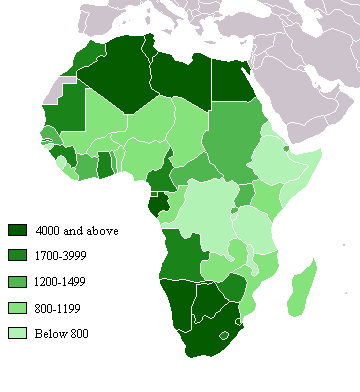Those who are familiar with the African Leadership Academy, like Tunde Folawiyo, are probably aware that the ALA has been involved in the running of the Anzisha Prize for several years now. This award is designed to recognise young leaders and entrepreneurs who have set up projects that have had a notably positive impact on their local area. However, the data collected by the award committee this year indicates that there is a distinct lack of young entrepreneurs and in particular, there is a shortage of women starting up their own initiatives.
It was also revealed that very few people from North African countries have applied for this prize during the past three years. Since 2011, 33 Fellows have been selected; however, just three of these were from North Africa, and none were women. The ALA’s Director for  Entrepreneurial Leadership, Josh Adler, has said that he and his team are now looking at ways to encourage more people from North Africa (and particularly more females) to get involved, as meaningful entrepreneurial activities have the power to help economies grow.
Entrepreneurial Leadership, Josh Adler, has said that he and his team are now looking at ways to encourage more people from North Africa (and particularly more females) to get involved, as meaningful entrepreneurial activities have the power to help economies grow.
In a bid to create more jobs and help African countries to flourish, the ALA is also attempting to expand the scale of its leadership training programmes across the continent, through its Social Innovation Camps (known as ‘Build in a Box’ events). These are aimed primarily at high school students who live in disadvantaged areas. Essentially, these camps offer an abridged version of the ALA’s standard programme, which teaches young people how to set up businesses and projects that address key social challenges in their towns and cities.
In addition to providing teenagers with the chance to learn more about entrepreneurialism, the camps also gives them the opportunity to and collaborate with other talented, enthusiastic youths from around their country. Tunde Folawiyo understands that this aspect of the event is especially important, as it helps participants to realise that they are not alone in their desire to improve the quality of life in their nations, and that in fact, there are hundreds, if not thousands of others who share their goals.
The first camp organised by ALA students took place in February of this year, in a high school in Soweto in South Africa. There were 16 facilitators on hand throughout the two days, to explain the basic concepts behind social entrepreneurialism, and to help the 60 participants identify the most pressing problems facing their communities today.
